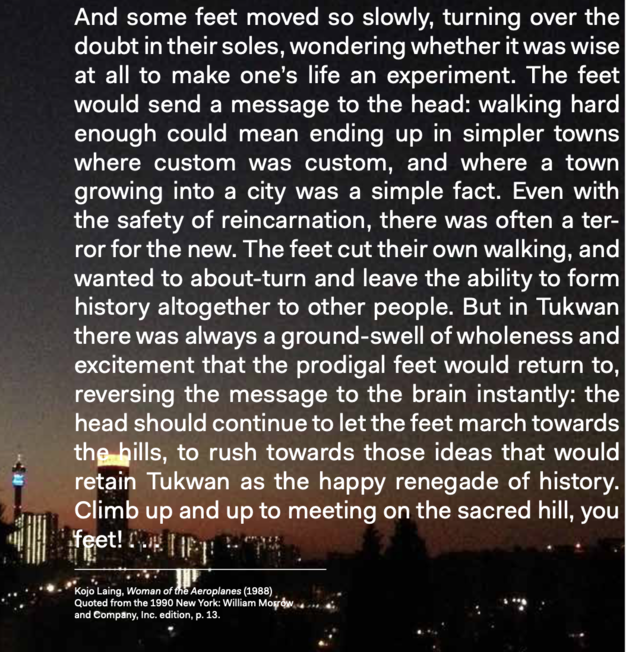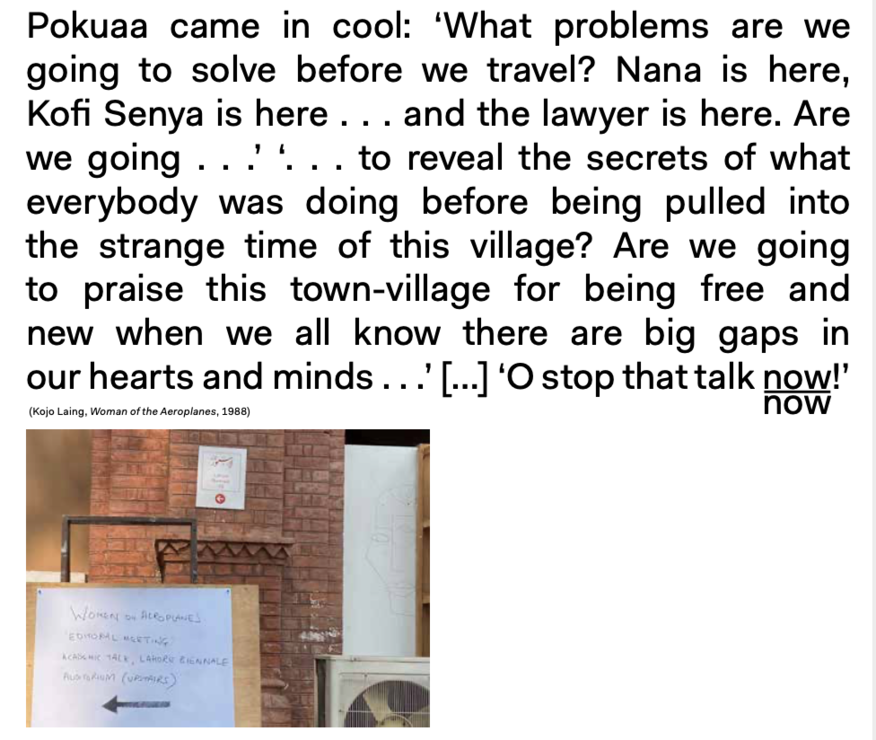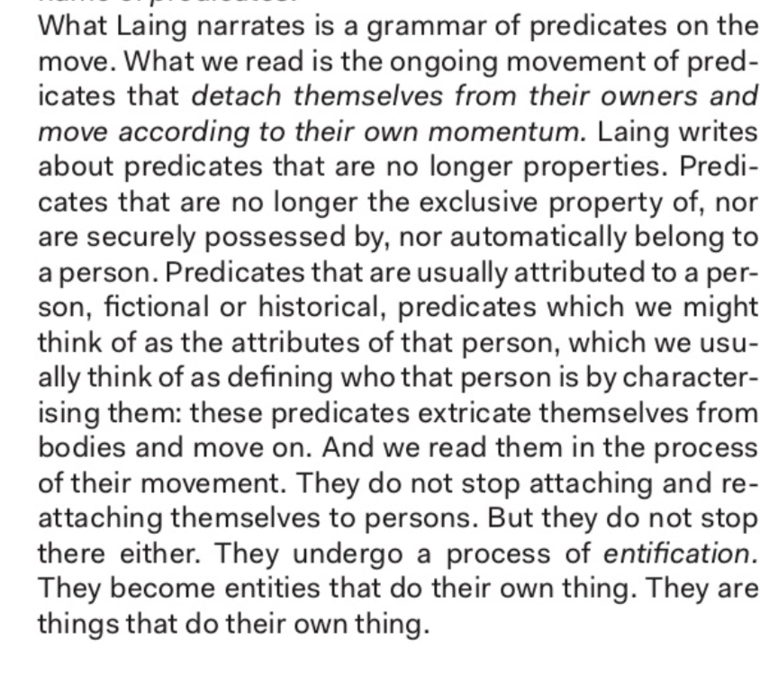# 1
Kodwo Eshun, Specific Grammars of Intricate Displacement, 2018
Moving the mouse cursor over the top of the page will display the menu bar.
Women on Aeroplanes—agency for flying ideas is an artistic research project, based on a framework and network that is necessarily constantly evolving and changing. it aims to gain a broader understanding of what independence and interdependence means. Looking closely at the long history of transatlantic networks and the struggles for liberation, predating the process of independence on the African continent (and elsewhere), the project explores how women were always central to such networks and struggles, in which they played multiple roles. Their stories are however hardly told and their faces remain widely invisible. We aim to not only frame their various and heterogeneous contributions, politically and artistically, but also create new parameters and premises of narratives. To recall the notion of independence today necessarily means to address the gap between formal independence and a process of decolonisation that was simultaneously national and intranational, transnational and international and which remains, in many ways, incomplete. The project's title is borrowed loosely from Kojo Laing's critically acclaimed second novel Woman of the Aeroplanes, written in 1988. With its deconstructive syntax and implosion of genres, the novel sets the tone for a historical narrative, in which subordinate subject-object relations are negated. Laing’s method of speculative fiction writing can be seen as a making-of-theory using other means. As a reference point, it opens a pathway to a new grammar that makes re-visiting and re-writing history possible.
This page contains media that is intended to start playback automatically on opening. This may include sound. Your browser is blocking automated playback. Please click here to start media.
One of the frames of the Women on Aeroplanes project is Woman of the Aeroplanes, the novel. Women of the Aeroplanes is Bernard Kojo Laing’s second book, written in 1988. It’s a science fiction novel that puts extreme pressure on the conventions of science fiction. In Laing’s novel, qualities, predicates, attributes, none of these are possessed by a person or a self. They move around and do things. A predicate that moves out of its place: that is one way of understanding the grammar of independence. For the French, independence was as unacceptable as a Moroccan girl pilot. The idea of a girl pilot is as upsetting as the idea of a predicate that is not in its place.
Kodwo Eshun, Specific Grammars of Intricate Displacement, 2018
# 1
Kodwo Eshun, Specific Grammars of Intricate Displacement, 2018


